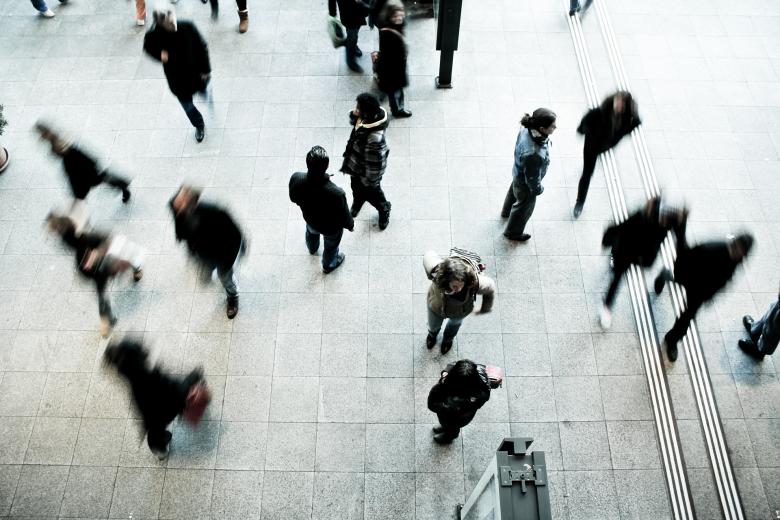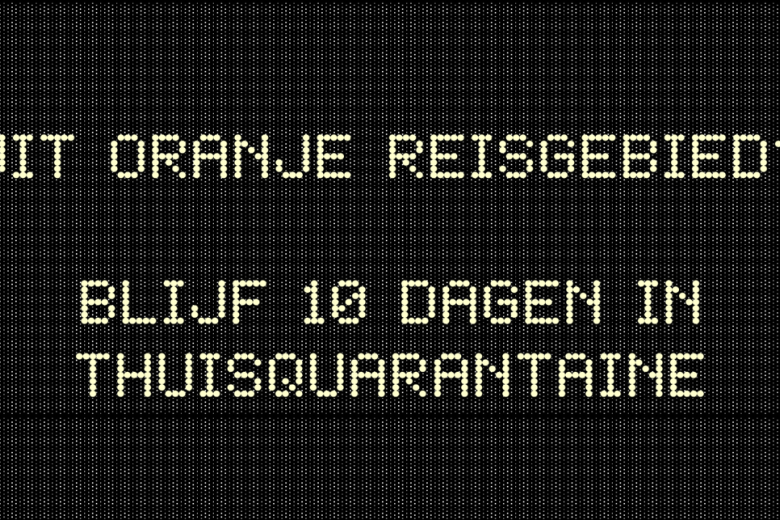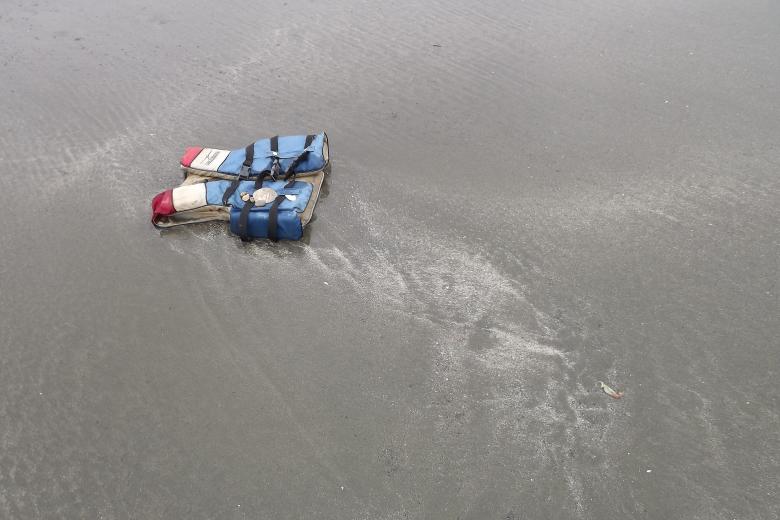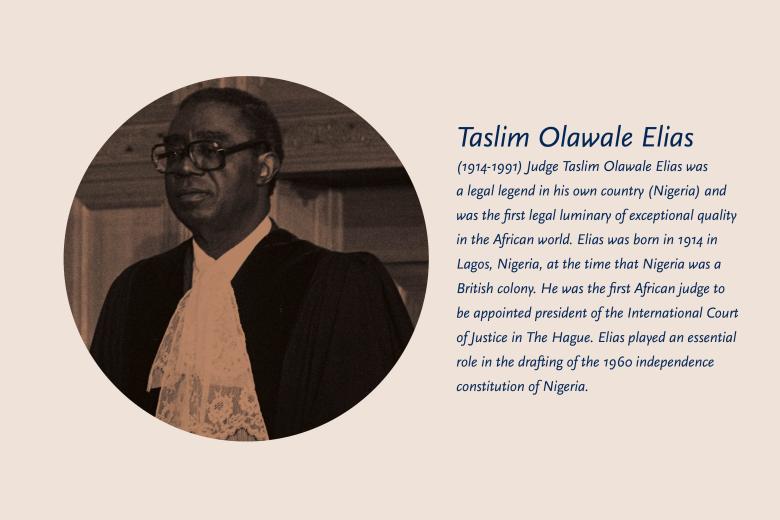The yearly Ius Commune conference, this year held online on 26 November 2020, traditionally includes a contract law workshop. This year the theme of the workshop was “Contract law in times of corona and other sanitary crises”. Five researchers presented recent work dealing with subthemes.
The EUIPO’s approach to ‘Covid-19’ trade mark applications
- Law
The European Union Intellectual Property Office (EUIPO), just like many other IP offices in the world, has recently seen an incredible spike in Covid-19 related Trade Mark applications. This blog presents EUIPO’s approach in examining trade mark filings that relate directly or indirectly to, or in any way evocate, the Covid-19 pandemics.

Conference on recent developments in the European Law of civil procedure
- Law
On the 29 and 30 of October 2020 the Academy of European Law hosted an online conference on the recent developments in the European Law of Civil Procedure. Over these two days different speakers presented on new developments with regards to key legal instruments such as the Brussels I (recast) Regulation, the Service and Evidence (recast) Regulations and the new HCCH 2019 Judgments Convention. Furthermore, the digitalisation and the implications of Brexit for civil justice were addressed.

Three reflections and a takeaway on distance teaching
- Law
There is value in reflecting on the impact that Covid-19 has on legal education. A first reflection relates to the fact that many state that Covid-19 invites for virtual teaching. Teaching is not virtual, since it is as real as it can get: students and instructors are real, experiences are real.

Quarantine exception insufficient for border region
- General
- Corona
- Law
Continued disproportionate impact on daily life in the border region
With the circulation of the Coronavirus, governments are trying to restrict the movement of people. Staying at home and limiting unnecessary travel and visits is a frequently used and successful recipe against the flare-ups of Corona infections. To this end, border traffic is also being restricted. Travel advice is issued and quarantine rules are put in place. Recently, Dutch policy has changed in this respect, but not sufficiently as described in this blog.

Immigration and asylum law and policy
- Law
The New Pact and EU Agencies: an ambivalent approach towards administrative integration.

Taslim Olawale Elias
- Law
It is most appropriate that a classroom in our Faculty of Law at University Maastricht has been named after someone who was a legal legend in his own country (Nigeria) and was the first legal luminary of exceptional quality in the African world: Judge Taslim Olawale Elias.

The hidden dangers of conspiracy theories
- Law
“Those who can make you believe absurdities; can make you commit atrocities” (Voltaire). When reading about the Holocaust or the Rwandan genocide it is difficult to understand how such events could ever have taken place. How can a society turn on a particular group and send them to death camps? How can neighbours kill each other after living in harmony for years?

Shades of European righteousness in California’s handling of Uber
- Law
Back in 2017, the European Court of Justice ruled in Asociación Profesional Elite Taxi v. Uber Systems Spain, SL (Case C-434/15) that Uber offers common transportation services and thus, ought to be regulated as such. Various European national courts subsequently made similar rulings against Uber and admonished the rider-sharing company for their misclassification of their drivers as independent contractors.[1] This question of classification has been a long standing issue given its significance: For the driver, being classified as an “employee” means that they will be entitled to labor protections, from minimum wage to sick leave. For the companies, classifying their drivers as “independent contractors” means they can continue offering more rides at lower costs for the consumers.

The regulation of child influencers: A profitable playground
- Law
Over the few past years, there has been a professionalization of social media content creators. These creators now have the power to sway their followers, start trends, or serve as role models for their audiences. These individuals, that have such online persuasive power, are called “influencers”. This accruing of power and authority has led to content creation no longer being considered a hobby. In fact, the revenue generated by online content creation is such that it can even become a main source of income. In some cases, influencers can earn thousands of dollars per sponsored post.

